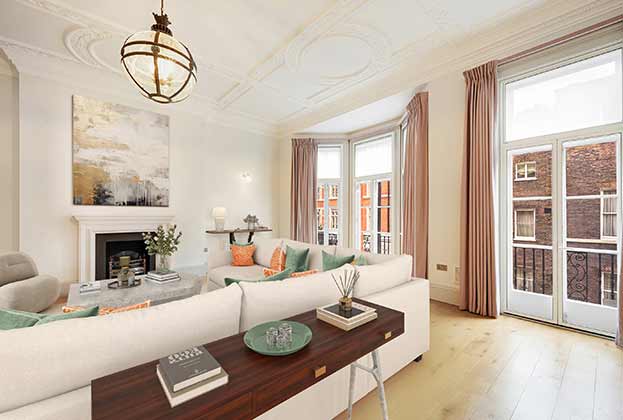The increased mobility of the world’s student population means that providing high-quality accommodation has become a key way for universities to sell themselves to potential enrollees.
As the market has matured, students have come to demand more from their living accommodation, but this doesn’t mean that they’re expecting designer apartments with facilities commensurate with those of a five-star hotel. In fact, as research by our collaborator Student.com has shown, many are focused on how their accommodation supports their academic studies, rather than amenities which are considered ‘nice to haves’ but are ultimately unessential.
Location is the top concern for the majority of students: most would choose a building which is close to campus with few facilities above one that has impressive added extras but is less well located. As long as their budgets allow, students always prefer private rooms, whether that’s in a cluster flat or a studio, rather than having to share their space. They are also increasingly concerned with having access to study space within their accommodation but outside their bedrooms (a desk within the room has been the default option for many providers to date). These external study areas are now some of the most used facilities, according to Student.com.
This tallies with an overall trend towards a desire for more communal spaces: even in properties that offer mainly studio rooms, students want areas to mingle. Our research shows that there’s significant demand for onsite social spaces, gyms and entertainment areas. Tied in with this is the preference for accommodation to be ‘all inclusive’, with a single charge covering the room rent and all additional facilities. Most students seem to consider extra costs for in-house amenities as a saving made on things like gym membership and cinema tickets, and find paying one bill easier when it comes to balancing their budgets.
Beyond facilities, there are variations in what students want from their tenancy agreements. Typically students studying abroad want longer tenancies covering the whole academic year, which is not surprising as they can’t easily call on parental help to move their belongs every term. Middle Eastern and Chinese students usually take the longest tenancies, with 90 per cent and 87 per cent respectively preferring tenancies that cover the whole academic year. Those from the US and Pacific Asia, including Australia, are most likely to rent for shorter periods.
Our research reinforces the global need for good-quality, well-managed student accommodation. Unfamiliarity with local housing markets makes purpose-built housing from an established name particularly appealing to international students, but operators need to be wary of taking a ‘one size fits all’ approach. While students broadly desire the same thing from their space, there can be regional variations. What’s more these preferences don’t stand still and will continue to evolve against a broader backdrop of continued academic, demographic and social change.
Further information
Read more Spotlight: World Student Housing
.jpg)

(4).jpg)
(1).jpg)
.jpg)
.png)


.jpg)

.jpg)